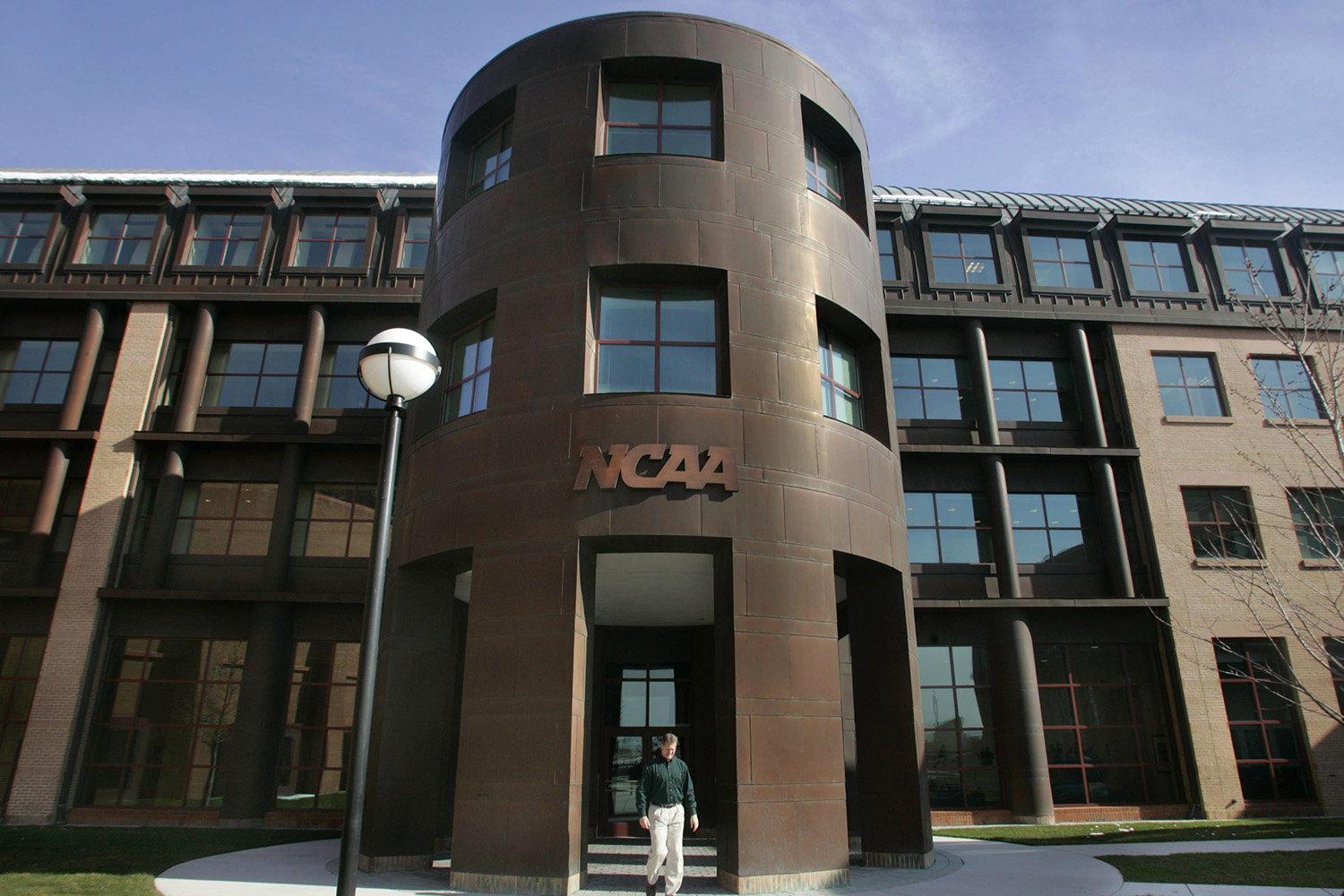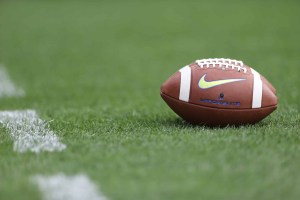The NCAA keeps meticulous records of all its past documents at the national office, from emails to old news bulletins. The collection is so expansive that the governing body employs librarians to manage it.
And yet, 30 years’ worth of sports injury handbooks have disappeared from the archives, according to testimony from Gee v. NCAA.
In court documents, Alana Gee’s lawyers alleged that the NCAA may have intentionally destroyed the documents in order to hide evidence about what it knew about brain injuries and when.
The NCAA attempted to get the evidence excluded from trial, saying there were never any handbooks. But testimony from NCAA employees and a historian paint a different picture.
The testimony is part of a trial that could finally provide a ruling on the NCAA’s responsibility with protecting college football players from brain injuries, which began on Oct. 21 in Los Angeles Superior Court.
The case centers around former USC linebacker Matthew Gee, who was diagnosed with CTE after he died in 2018 at the age of 49 — a death for which his widow says the NCAA is responsible.
In 2003, when the NCAA was in the process of moving its library, an NCAA librarian asked an official in an email what should be kept from the NCAA’s Sports Science Collection. It was unclear what was decided — but almost two decades later, sports medicine historian Stephen Casper couldn’t find them in NCAA archives, he said during live testimony.
NCAA employees themselves were unaware the documents were missing. During a pre-recorded deposition, a plaintiff lawyer informed former NCAA researcher Todd Petr that an entire shelflist titled “NCAA Sports Sciences Collection” — including Sports Injuries handbooks from 1934-61 — had vanished.
“You’re telling me that all of these documents are missing from the library?” Petr responded. When asked whether Petr might have any explanation as to why the documents are gone, he said: “No, I don’t.”
As part of research for the case, Casper was able to find some documents in university-specific libraries, like at DePaul. But he confirmed that the NCAA’s own collections did not contain them.
Alana Gee is asking for $1.8 million in damages, as well as the return of funds the NCAA procured as a result of its alleged negligence.
The NCAA, however, contends that Gee’s death resulted from previous health problems, and that responsibility for athlete health and safety rests with schools rather than the national office.
If the NCAA loses, it could owe hundreds of millions, face a flood of future lawsuits, and gain an incentive to revise its still-flimsy concussion protocols.
Editor’s Note: Reporting of Gee v. NCAA was assisted by Courtroom View Network, which provided a livestream of the trial.









![[Subscription Customers Only] Jun 15, 2025; Seattle, Washington, USA; Botafogo owner John Textor inside the stadium before the match during a group stage match of the 2025 FIFA Club World Cup at Lumen Field.](https://frontofficesports.com/wp-content/uploads/2026/02/USATSI_26465842_168416386_lowres-scaled.jpg?quality=100&w=1024)
![[Subscription Customers Only] Jul 13, 2025; East Rutherford, New Jersey, USA; Chelsea FC midfielder Cole Palmer (10) celebrates winning the final of the 2025 FIFA Club World Cup at MetLife Stadium](https://frontofficesports.com/wp-content/uploads/2026/02/USATSI_26636703-scaled-e1770932227605.jpg?quality=100&w=1024)








